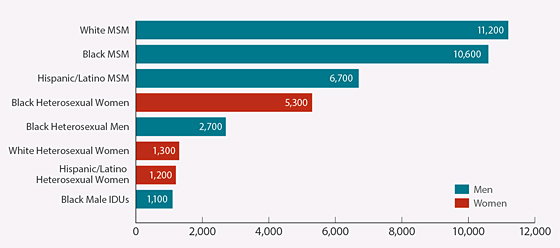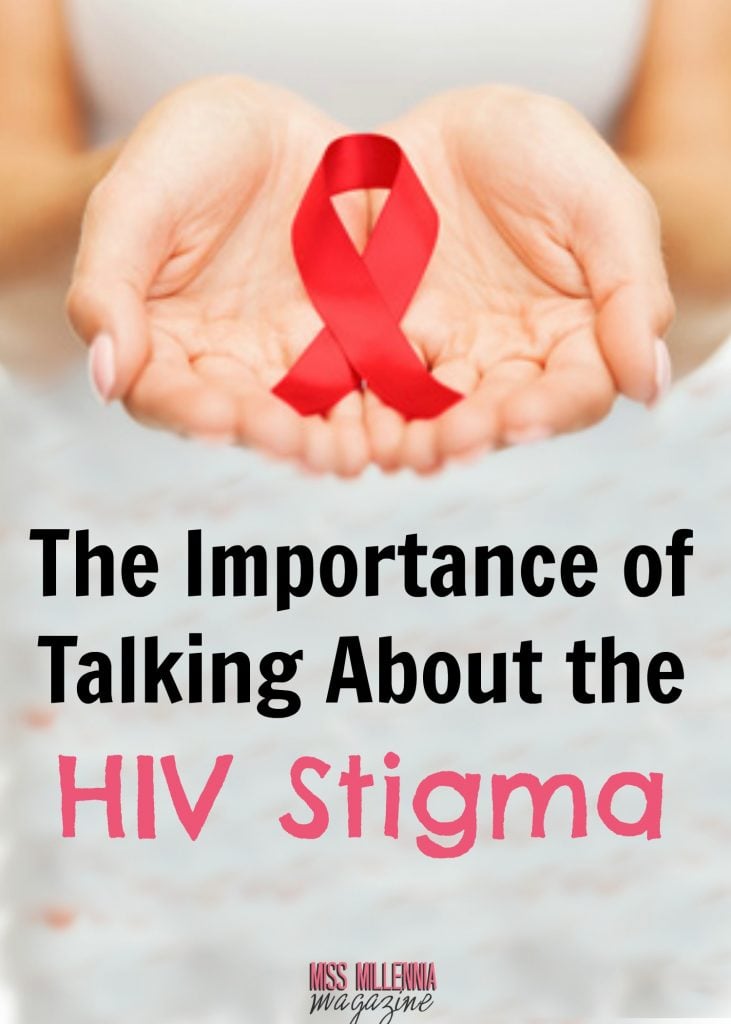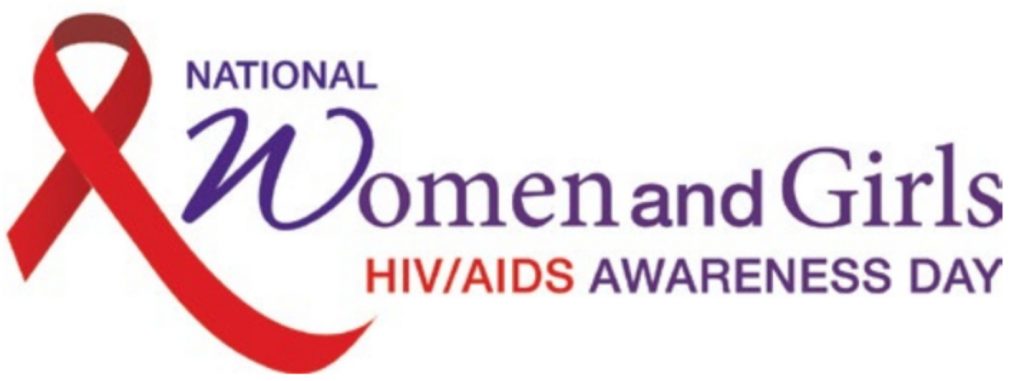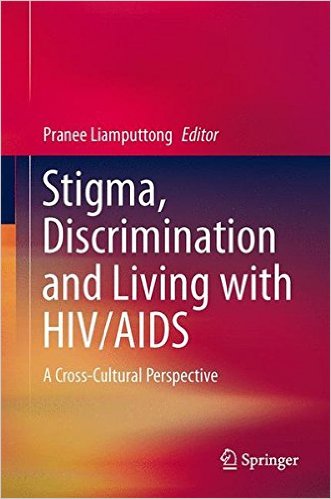Why It is So Important to Talk About the HIV Stigma
When you hear the word HIV, what comes to mind? It seems that the HIV virus is a disease that is plagued by negative stigma in regards to those who have it and how it was contracted. It almost seems as if talking about the illness is taboo within itself. The problem with not talking about it, though, is that it then becomes a silent epidemic. One which many are not aware that they may be infecting others and some are just too ashamed to talk about it. Since today is National Women and Girls HIV/AIDS Awareness day, I hope to be able to shed a little light on some of the facts regarding HIV and what this virus has done to women in the US.
This post is made possible by support from the Let’s Stop HIV Together campaign. All opinions are my own.
Why Women Should Educate Themselves
So you may be wondering why there is a day dedicated to women and girls becoming more aware of HIV/AIDS. Well, the truth is, that HIV impacts women in some ways that are not as commonly known to the public. Here are a few stats from the Center for Disease Control and Prevention.
- Approximately one in four people living with HIV infection in the United States are women.
- Most new HIV infections in women are from heterosexual contact (84%)
- An estimated 88% of women who are living with HIV are diagnosed, but only 32% have the virus under control.
The numbers are scary, and even more so if you look at the stats in regards to subpopulations in the US.
Estimates of New HIV Infections in the United States for the Most-Affected Subpopulations, 2010

Why Are Women Affected by HIV?
- Some are just unaware of their partner’s HIV status and have sex unprotected
- The risk of getting HIV during vaginal sex without a condom or PrEP is much higher for women than it is for men.
- Some STDs significantly increase the likelihood of getting or spreading HIV
- The greater number of people living with HIV (prevalence) in African American and Hispanic/Latino communities and the fact that people tend to have sex with partners of the same race/ethnicity means that women from these communities face a greater risk of HIV infection with each new sexual encounter.
These are just a few reasons why it is affecting women so heavily. But I wanted to get more on the scoop, so I consulted the experts.
Speaking with the Experts
I had the opportunity to talk to two brilliant women in regards to the virus. Robin Barkins and Hydeia Broadbent both HIV/AIDs activists with great information to share.
In the video above Robin speaks about how her life changed once she was diagnosed with HIV. Upon speaking with her, she mentioned that she was so worried about how she would be perceived once she was diagnosed that she did not tell anyone about her status until ten years later. Once Robin decided to speak up about her illness she was able to get treatment and help others learn more about HIV/AIDS.
I also spoke with Hydeia Broadbent, who contracted the virus from her mother upon birth. She has been an HIV/AIDS advocate since the age of 6 and raised awareness about the illness.
Misconceptions about HIV
Since HIV has such a stigma, it also has many misconceptions. I spoke to Hydeia and Robin about their thoughts on the subject.
M3: What are some misconceptions that people have about those with HIV?
Robin: That we’re sick, we can’t have sex. My partner is negative and people think since we’re together that he is positive by associating with other positive people. And I want people to know that we can be in a relationship with HIV negative person and live, a happy healthy life. People believe that we are limited to what we can do because of our status.
Hydeia: I think people are unrealistic and don’t believe that it will happen to them. Or that it’s everybody else’s problem. It’s the attitude with dating. A lot of women will not consider themselves to be “promiscuous,” so they do not feel that they are at risk for HIV. Becuase they have a college degree or are a part of a certain class. But they have to look at their dating patterns. If you are in a relationship for a couple of years and you did not get an HIV test. Majority of the time, we find what’s common in many relationships is that they become comfortable with that person, so they stop using a condom. As time goes on you, break up with someone and move on to a new relationship. Even if you are in relationships for long periods of time, even years, your body count adds up. So we have to change the way people think about HIV/AIDS. People think, “Well I don’t sleep around every night, or I don’t hook up with guys at the club. But what is your dating pattern? And so we have to change the way people, especially women, think about HIV to find out if they are at risk or not.
M3: Tell me if anyone used negative language unintentionally when speaking to you about HIV?
Robin: “Well, when I was getting a tattoo. I was at the tattoo shop, but before I got the tattoo, I made clear that my tattoo artist knows that I was HIV positive, and I wanted everything that he used to be brand new. So he started my tattoo, and we started talking, and he asked me if I had a boyfriend and I told him yea. He then asked me if I still have sex and I said yea. He said “You’re not supposed to have sex! Can’t you go to jail for that?” I said I am human just like you. I can have sex. As long as my intentions are not to infect another human being, and my partner know my HIV status, and they make a decision and are comfortable with having sex with someone that is HIV positive. He just didn’t know.”
The Ways You Can Contract HIV
There seems to be some confusion about contracting HIV as well. No, you cannot contract HIV from kissing or breathing the same air as someone who is HIV positive. But it’s nice to know how you can.
You can contract HIV from someone else through:
- Pre-ejaculation
- Semen
- Vaginal secretion
- Breast milk mother to child
- Blood
What has changed with the Stigma of HIV?
Although there is still so much to learn about HIV and the new treatments available for the virus, it should be known that there has been some positive movement in treatment but people’s attitudes towards those who are HIV positive.
M3: Have you seen change over the years in regards to Stigma with HIV?
Hydeia: I think now people are more acceptant. A lot of people do not have as much fear disclosing like they did in the 80’s, and 90’s where people were getting kicked out of schools losing their jobs [due to their HIV status]. You have very few cases like that now in 2016. I think people are more accepting because they know that medications are better.
M3: Have you seen any change as a direct result of your activism?
Robin: Yea. A lot of people are not afraid to get tested and get tested with their partners. A lot of people are not afraid to speak to their children about condom use. Many people call me to have discussions with them and their children about HIV/AIDS awareness.
Hydeia: Yes I get emails all the time, and when I speak at universities people come up to me and tell me how “I opened their eyes to a few things” and that I”got them thinking.” So I know that it does help people.
M3: What is your goal with educating people about HIV? What do you want them to know?
Any Advice for anyone that has just been diagnosed with HIV?
Robin: Well I’ve been there, So first things first. You are not alone. Make sure you get on treatment. Get yourself a therapist and a support group. You are more than HIV. Don’t stop living because of your status, keep on living. There is more to life than HIV.
Hydeia: I would say that life is going to be a little more complicated, a little more difficult. But you still have breath, and you still have a chance at life. We know with the medication you can prevent a child from contracting HIV and also from infecting a future partner. So don’t give up on life and don’t give up on yourself.
Where to Go to Learn More?
Center for Disease Control and Prevention is a wonderful resource to educate yourself more about HIV. Check out their post here on ways to commemorate National Women and Girls Aids day. They also have significant resources in regards to HIV among women here.
Sources:
Things You Can do to Commemorate National Women and Girls Aids Day









